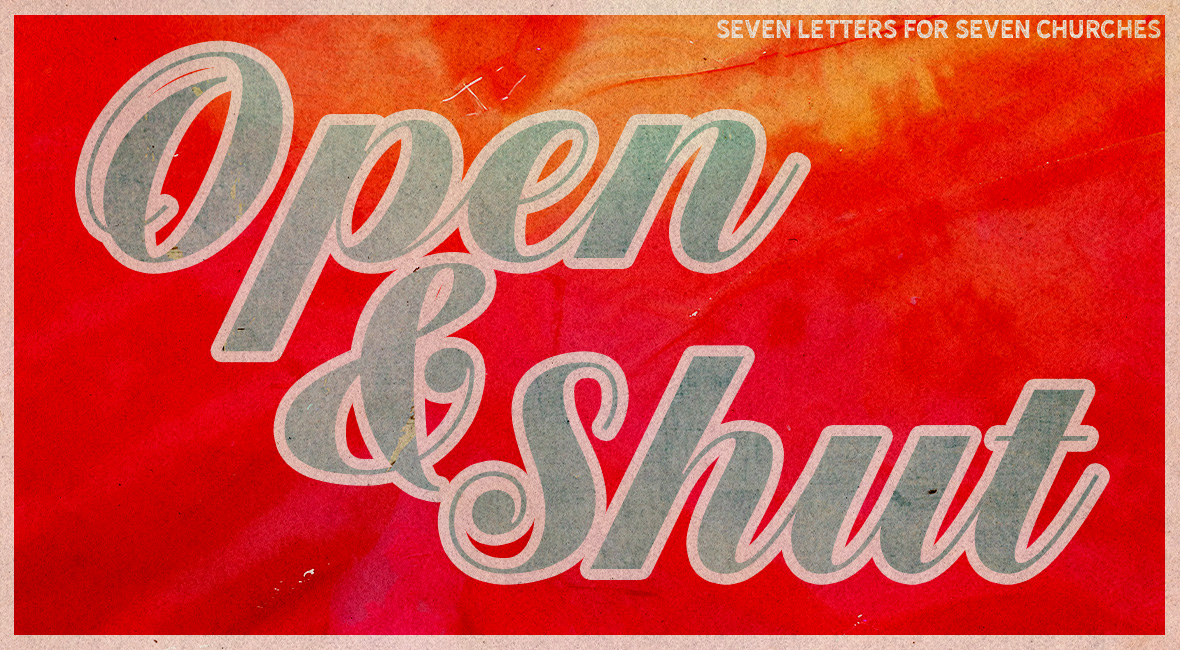-Revelation 3:14-22
The last of the seven letters is to the church in Laodicea, and they got the harshest treatment of all. Jesus typically started off a letter with some praise for what the believers were doing, or some compassion for what they were going through. Not Laodicea. He just went straight after them, comparing them to lukewarm water. Their problem was that they were neither hot water nor cold water — they were somewhere in the middle. Cold water is refreshing and revives the spirit on a hot day. Hot water is comforting and healing, relaxing the muscles after a hard day’s work. Lukewarm water is basically useless. You don’t want to drink it, and you can’t bathe in it. I suppose you could give it to the dog, but that’s about all that it is good for. The point that Jesus was making is this: We need to be useful for something in God’s kingdom.
Being Lukewarm isn’t about Passion
For a very long time, I thought that Jesus was talking about being hot or cold in our love for him. I thought that Jesus would rather we love him A LOT or be completely indifferent to him, just don’t be somewhere in between. I was taught that being lukewarm means being wishy-washy. It means coasting through life without taking God seriously. We’re supposed to be passionate for God. We’re supposed to be on fire for him. And if we’re not, then we’re the kind of Christian that Jesus despises. Our only two acceptable choices are unbeliever or passionate believer.
But I don’t think that’s what this verse is saying. Being hot or cold isn’t about passion; it’s about purpose. I’m pretty sure that everything I was taught about this passage is wrong, and that has pretty significant implications for a lot of people who just couldn’t live up to the demand of being a passionately on-fire for Jesus 24/7. I mean, just think about the metaphor for a minute. When you want a cold drink and you drink something cold, you’re happy. When you want a hot drink and you drink something hot, you’re happy then, too. But when your drink has been sitting out for a while and it gets to room temperature, what kind of face do you make when you drink it? A contortion of disgust, right? When you want a cold Coke or a hot coffee, do you even finish the one that’s at room temperature? I’m guessing not.
Being hot or cold isn’t about passion. It’s about purpose.
Jesus isn’t secretly saying, “I wish you would be hot all the time.” He’s not putting pressure on us to live at an unsustainable level of passion all the time. What he’s saying actually cuts much deeper. He’s telling Laodicea, “I wish you were good for something.” I mean…dang.


